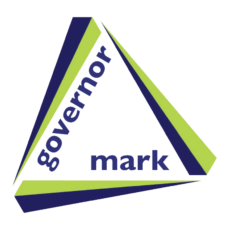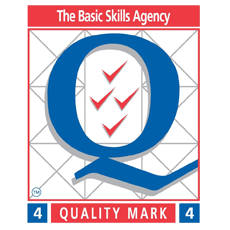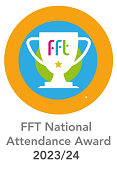EYFS Maths
EYFS - Mathematics
In Reception at Eccleston Lane Ends, we follow the White Rose Maths Scheme of work and children participate in short maths activities daily. In class provision, children are given time to explore mathematical concepts, test ideas, develop their understanding and practise taught skills through play. The children learn that ‘maths is all around us’ and build upon their previous knowledge by applying their skills to real life situations. Muddy Monday, the construction area, home corner and water tray are just some of the areas that children can develop and explore mathematically. Adults continually develop quality learning environments and meaningful interactions, support children in developing mathematical thinking and discussion and most importantly, make maths fun!

Developing a strong grounding in number is essential so that all children develop the necessary building blocks to excel mathematically. Children should be able to count confidently, develop a deep understanding of the numbers to 10, the relationships between them and the patterns within those numbers. By providing frequent and varied opportunities to build and apply this understanding – such as using manipulatives, including small pebbles and tens frames for organising counting – children will develop a secure base of knowledge and vocabulary from which mastery of mathematics is built. In addition, it is important that the curriculum includes rich opportunities for children to develop their spatial reasoning skills across all areas of mathematics including shape, space and measures. It is important that children develop positive attitudes and interests in mathematics, look for patterns and relationships, spot connections, ‘have a go’, talk to adults and peers about what they notice and not be afraid to make mistakes.
"Maths is all around us........"


Maths is one of the four specific areas within the Early Years Foundation Stage (EYFS). Each specific area is divided into Early Learning Goals, for maths these are:
- Number
Children at the expected level of development will:
- Have a deep understanding of number to 10, including the composition of each number;
- Subitise (recognise quantities without counting) up to 5;
- Automatically recall (without reference to rhymes, counting or other aids) number bonds up to 5 (including subtraction facts) and some number bonds to 10, including double facts.
- Numerical Patterns
Children at the expected level of development will:
- Verbally count beyond 20, recognising the pattern of the counting system;
- Compare quantities up to 10 in different contexts, recognising when one quantity is greater than, less than or the same as the other quantity;
- Explore and represent patterns within numbers up to 10, including evens and odds, double facts and how quantities can be distributed equally.












